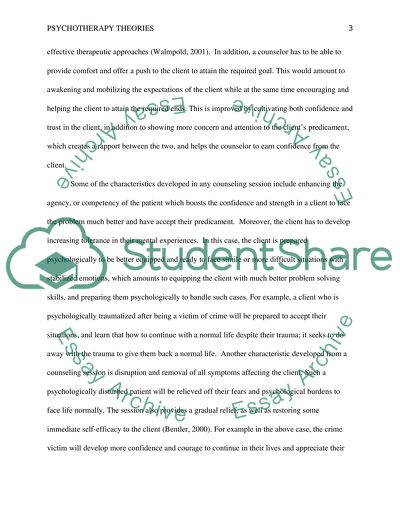Cite this document
(“Integrating Theories Essay Example | Topics and Well Written Essays - 1000 words”, n.d.)
Integrating Theories Essay Example | Topics and Well Written Essays - 1000 words. Retrieved from https://studentshare.org/psychology/1470629-integrating-theories
Integrating Theories Essay Example | Topics and Well Written Essays - 1000 words. Retrieved from https://studentshare.org/psychology/1470629-integrating-theories
(Integrating Theories Essay Example | Topics and Well Written Essays - 1000 Words)
Integrating Theories Essay Example | Topics and Well Written Essays - 1000 Words. https://studentshare.org/psychology/1470629-integrating-theories.
Integrating Theories Essay Example | Topics and Well Written Essays - 1000 Words. https://studentshare.org/psychology/1470629-integrating-theories.
“Integrating Theories Essay Example | Topics and Well Written Essays - 1000 Words”, n.d. https://studentshare.org/psychology/1470629-integrating-theories.


